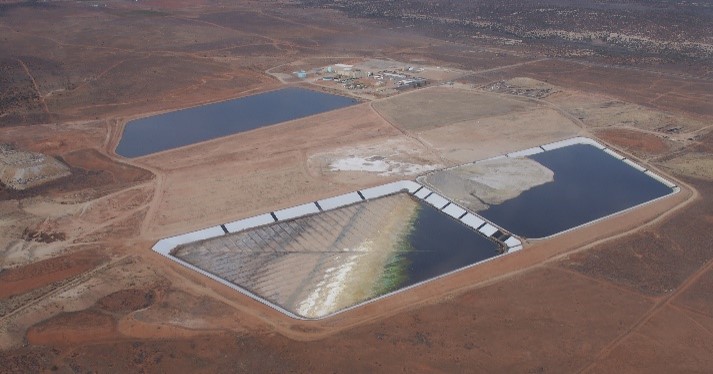Open Letter of Inquiry and Responses regarding Overseas Smelting of Japan’s Uranium Ore
By Matsukubo Hajime (CNIC)
Plans for overseas smelting of a total of 125.6 tons of uranium ore with ion-exchange resin and other substances have been made by the Tono Geoscience Center and Ningyo-toge Environmental Engineering Center and are being promoted by the Japan Atomic Energy Agency (JAEA), which oversees both centers. JAEA has concluded a private contract with Sojitz Machinery Corporation for the work. The Citizens’ Nuclear Information Center mailed an open letter of inquiry regarding this matter to both companies on August 26 and received their responses on September 14. This open letter of inquiry and its responses can be viewed in Japanese at our website (cnic.jp/45535).
Our open letter of inquiry was intended to obtain confirmation from JAEA regarding mostly the content of the plans, the amount of radioactive materials involved and matters involving the human rights of the indigenous people living near the White Mesa Mill, to which the materials are being exported. We also asked Sojitz Machinery about matters regarding their policies and current plans as they relate to the Sojitz Group’s human rights policy. The Sojitz Group states their policy as, “In our business activities in localities where indigenous peoples live, the Sojitz Group recognizes that these peoples have unique cultures and histories, and thus we take into account their rights as stipulated in the laws of the counties and regions in which we conduct business, and under the United Nations Declaration on the Rights of Indigenous Peoples and ILO Convention No. 169” as international agreements.
JAEA’s responses were:
“At present our company is at the stage of considering how to actualize overseas smelting and has not yet decided on partners with whom to contract.”
“In conducting overseas smelting, we will comply not only with the relevant laws and ordinances of Japan, but also take the relevant environmental and social factors and legal compliance in the local area into consideration when selecting contract partners.”
“The ion exchange resin mentioned as part of the uranium ore to be transported (approx. 9 GBq) has been stored and managed under the Mining Safety Act and can be effectively utilized as a resource.”
“We provide information to the relevant local governments, residents and other parties involved through explanations of our business plans and other matters, and we will continue to do so in the future.”
Sojitz Machinery’s response was:
“We confirm our consideration of local environmental and social matters in addition to our compliance with laws and ordinances in accordance with the Sojitz Group CSR Action Guidelines for Supply Chains and Human Rights Policies.”
JAEA said it had “not yet decided on partners to contract with.” Yet it is clear from the Utah State government’s disclosure data that Energy Fuels Inc., the owner of the White Mesa Mill, apparently the intended recipient, has presented a document dated May 19, 2020 to the Utah State government titled “Re: Receipt and Processing of Ores and Equivalent Feed Materials from Japan Atomic Energy Agency (“JAEA”) at the Energy Fuels Resources (USA) Inc. (“EFRI”) White Mesa Mill.” In this document, it is stated among other things that EFRI would be receiving samples of uranium ore and other substances for processing under the assumption that these would be orders received from JAEA, and that the amount scheduled to be processed was about 136 tons. Why does JAEA hide this fact when it has been revealed to the public by the other party to the deal?
The White Mesa Mill is adjacent to the White Mesa community, a part of the Ute Mountain Ute tribal lands. The Ute Mountain Ute tribe has expressed strong concerns about the operation of this mill, for example, by making a resolution in 2021 calling for the closure of the White Mountain Mill. JAEA and Sojitz Machinery both say they are exercising due environmental and social consideration. However, the local inhabitants say they have neither been granted a hearing nor provided with information from either JAEA or Sojitz Machinery. According to “Support for Nuclear Materials Measures and Specifications for Transport Work,” an agreement made by JAEA with Sojitz Machinery in September 2021, the delivery date for the work was to be February 28, 2023. In other words, the transport of the materials is supposed to have been completed no later than four months from now. Once the transport has been completed, we wonder how these companies are going to implement environmental and social consideration and show consideration for human rights.
There are big problems with these transport plans. In the future, we will call more urgently to have them discontinued.

